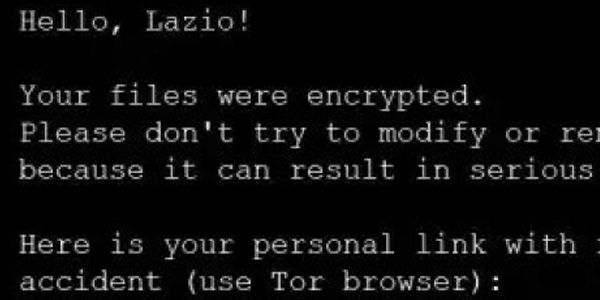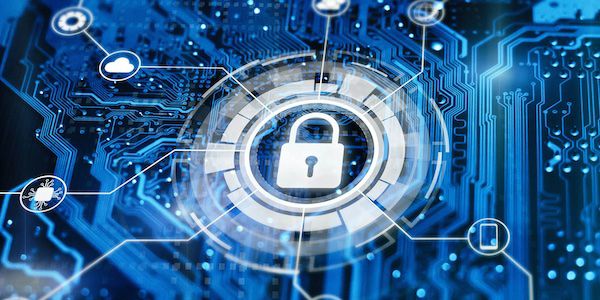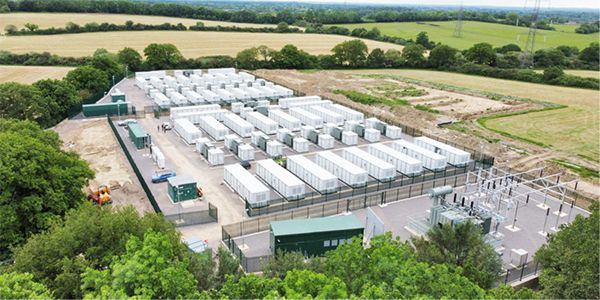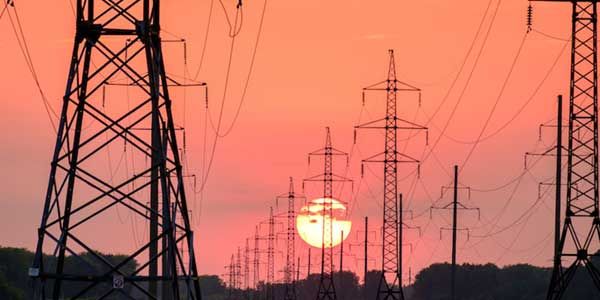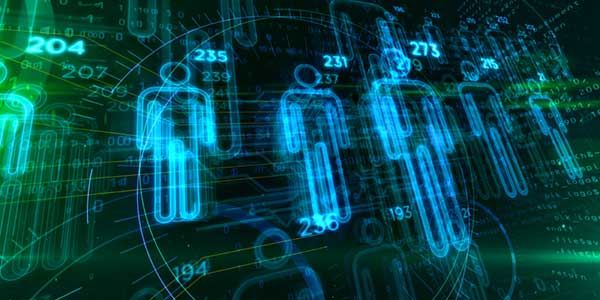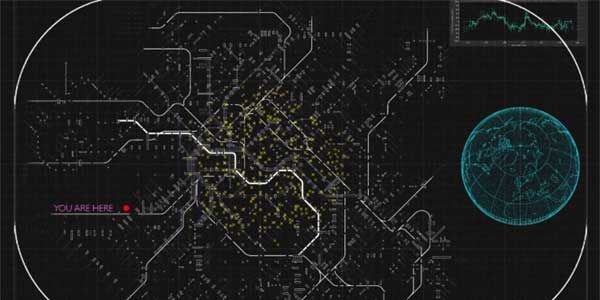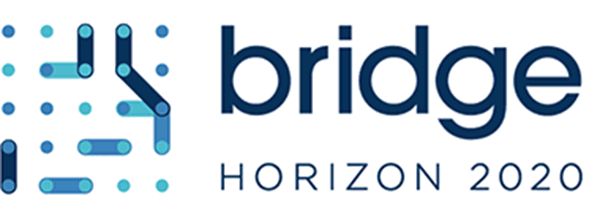A rise in ransomware attacks: a nightmare August in Italy
2021 has seen a steady rise in the number of cyberattacks and ransoms demanded by hackers. According to the Hiscox Cyber Readiness Report 2021[1], 43% of more than 6000 companies analysed had suffered a cyberattack in 2020, up 38% in the 12 months before and one over six attacks was a ransom attack. This attack is caused by an ever-evolving form of malware specifically designed to encrypt victim’s files on a device, making any files and the whole system completely unusable.
